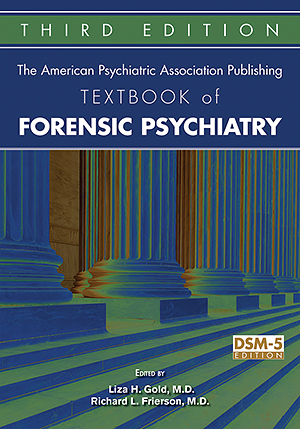Sections
Excerpt
Over the past 15 years, neuroscience and neuroimaging have made an accelerated foray into the courtroom. Conservative estimates indicate that neurobiological evidence is introduced in approximately 5%–6% of murder trials in the United States and in 1%–4% of an array of felony cases. Although methodological barriers in legal research cause a significant underestimation of these numbers, approximately 15% of recorded cases that discuss neuroscience also discuss brain scans as part of the analysis (Farahany 2016). Responsible legal scholars and neuroscientists have cautioned against the overuse of neuroimaging and other modalities in the determination of individual civil or criminal cases but also acknowledge that a deeper understanding of human cognition and motivation might assist fact finders in determining guilt and innocence and in tailoring sentences and other legal interventions (Presidential Commission for the Study of Bioethical Issues 2015).
Access content
To read the fulltext, please use one of the options below to sign in or purchase access.- Personal login
- Institutional Login
- Sign in via OpenAthens
- Register for access
-
Please login/register if you wish to pair your device and check access availability.
Not a subscriber?
PsychiatryOnline subscription options offer access to the DSM-5 library, books, journals, CME, and patient resources. This all-in-one virtual library provides psychiatrists and mental health professionals with key resources for diagnosis, treatment, research, and professional development.
Need more help? PsychiatryOnline Customer Service may be reached by emailing [email protected] or by calling 800-368-5777 (in the U.S.) or 703-907-7322 (outside the U.S.).



